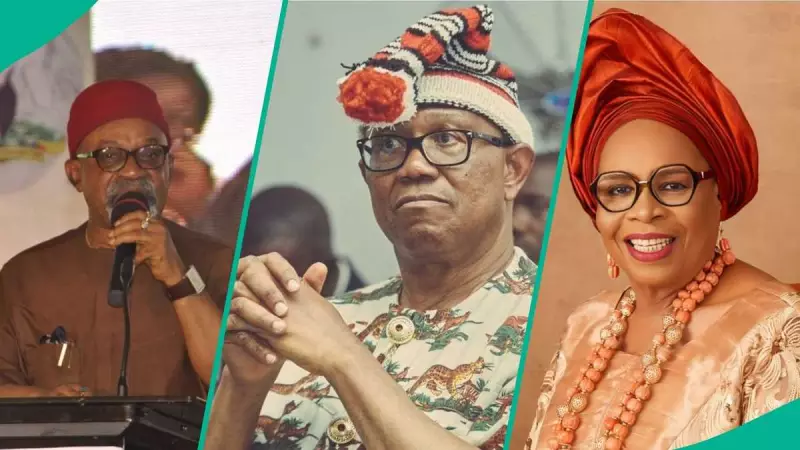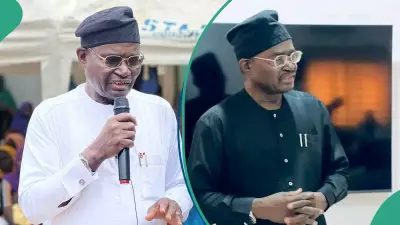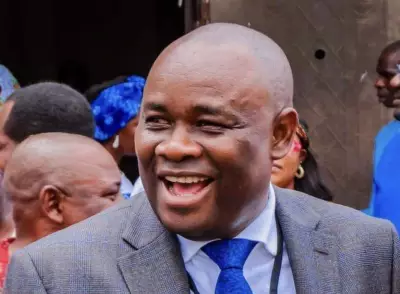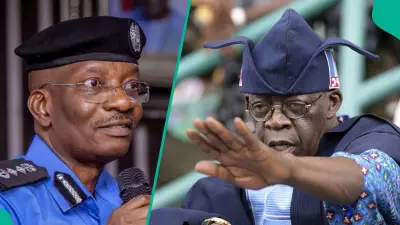
Since Nigeria's historic return to democratic rule in 1999, Anambra State has witnessed a remarkable political transformation shaped by visionary leaders who have steered the state through various challenges and triumphs. This comprehensive overview traces the political journey of one of Nigeria's most economically significant states.
The Democratic Foundation: Early Years (1999-2006)
The dawn of the Fourth Republic marked a new beginning for Anambra State. Dr. Chinwoke Mbadinuju of the PDP became the inaugural governor, serving from May 29, 1999, to May 29, 2003. His administration laid the groundwork for democratic governance despite facing numerous political challenges.
Dr. Chris Ngige followed, taking office on May 29, 2003, under the PDP banner. His tenure, though cut short by political circumstances, witnessed significant infrastructural developments that remain visible across the state today.
The Peter Obi Era: A Turning Point
Mr. Peter Obi's emergence marked a pivotal moment in Anambra's political history. Initially serving from March 17, 2006, to November 2, 2006, his tenure was interrupted by legal and political battles. However, his eventual return to office from February 9, 2007, to March 17, 2014, established a new paradigm of governance focused on fiscal responsibility and strategic development.
During his landmark tenure, Anambra State witnessed unprecedented growth in education, healthcare, and infrastructure, setting new standards for governance excellence in southeastern Nigeria.
Contemporary Leadership: Building on Foundations
Chief Willie Obiano continued the legacy, serving from March 17, 2014, to March 17, 2022. His administration focused on security, agricultural development, and infrastructure modernization, further positioning Anambra as an investment destination.
The current governor, Professor Charles Chukwuma Soludo, assumed office on March 17, 2022, bringing his renowned economic expertise to bear on the state's development agenda. His administration has prioritized economic transformation, security, and sustainable development.
Political Party Evolution
Anambra's political landscape has been characterized by dynamic party affiliations:
- People's Democratic Party (PDP): Dominated the early democratic years
- All Progressives Grand Alliance (APGA): Emerged as a strong regional force
- All Progressives Congress (APC): Recent political contender
Legacy and Impact
Each administration has contributed uniquely to Anambra's development story. From infrastructure to education, security to economic development, the state has experienced steady progress under these leaders' guidance.
As Anambra continues to evolve, the foundation laid by these governors serves as a crucial reference point for understanding the state's political trajectory and future possibilities.
The upcoming 2025 gubernatorial election promises to be another significant chapter in this ongoing political narrative, with expectations high for continued development and progressive leadership.






